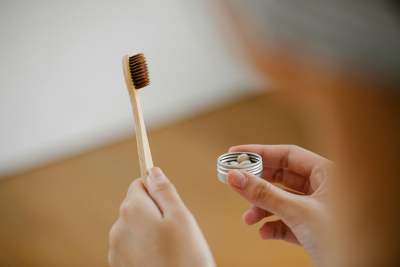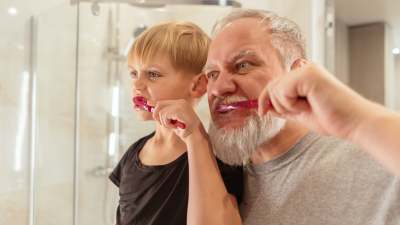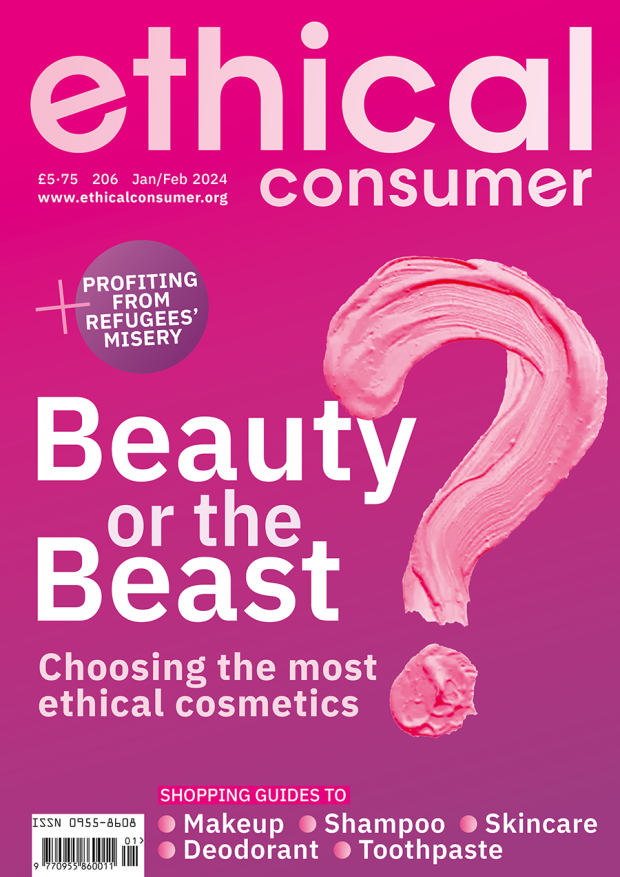In this guide we give the big toothpaste brands and the small independents a checkup to see if they need to brush up on their ethics.
We reviewed and rated 40 brands and found a huge difference in overall scores, with some of the big well-known brands and high street shops barely scoring above zero, while many eco-friendly brands scoring almost full marks.
Which are the biggest toothpaste brands?
Colgate is by far the best selling toothpaste company with its myriad of brands topped by Colgate Total. Its competitor is Haleon, which spun off from pharmaceutical giant GlaxoSmithKline, as a new joint venture with Pfizer. Haleon owns the second-best selling toothpaste brand, Sensodyne, as well as Aquafresh, Biotene, Corsodyl and Macleans.
Are there natural toothpaste brands?
Aside from the big players, there are a host of other smaller companies that specialise in vegan, organic, and ‘natural’ cosmetics and toiletries.
Natural products generally claim to avoid preservatives, artificial sweeteners, artificial colours, additives, or synthetic flavours and fragrances. But, as there is no legal definition of the term ‘natural’, it could be used to mean virtually anything (unless a product is certified ‘natural’ by a third party, such as COSMOS or NATRUE). So be sceptical!
What about finding an ethical mouthwash?
Many of the companies in this guide also make mouthwash with the same brand name, apart from mouthwash brand leader Listerine which is owned by Johnson & Johnson.
There are a number of small companies in this guide that only make toothpaste: Georganics, Kingfisher, Nothing Wasted (NOWA), and Truthpaste.





